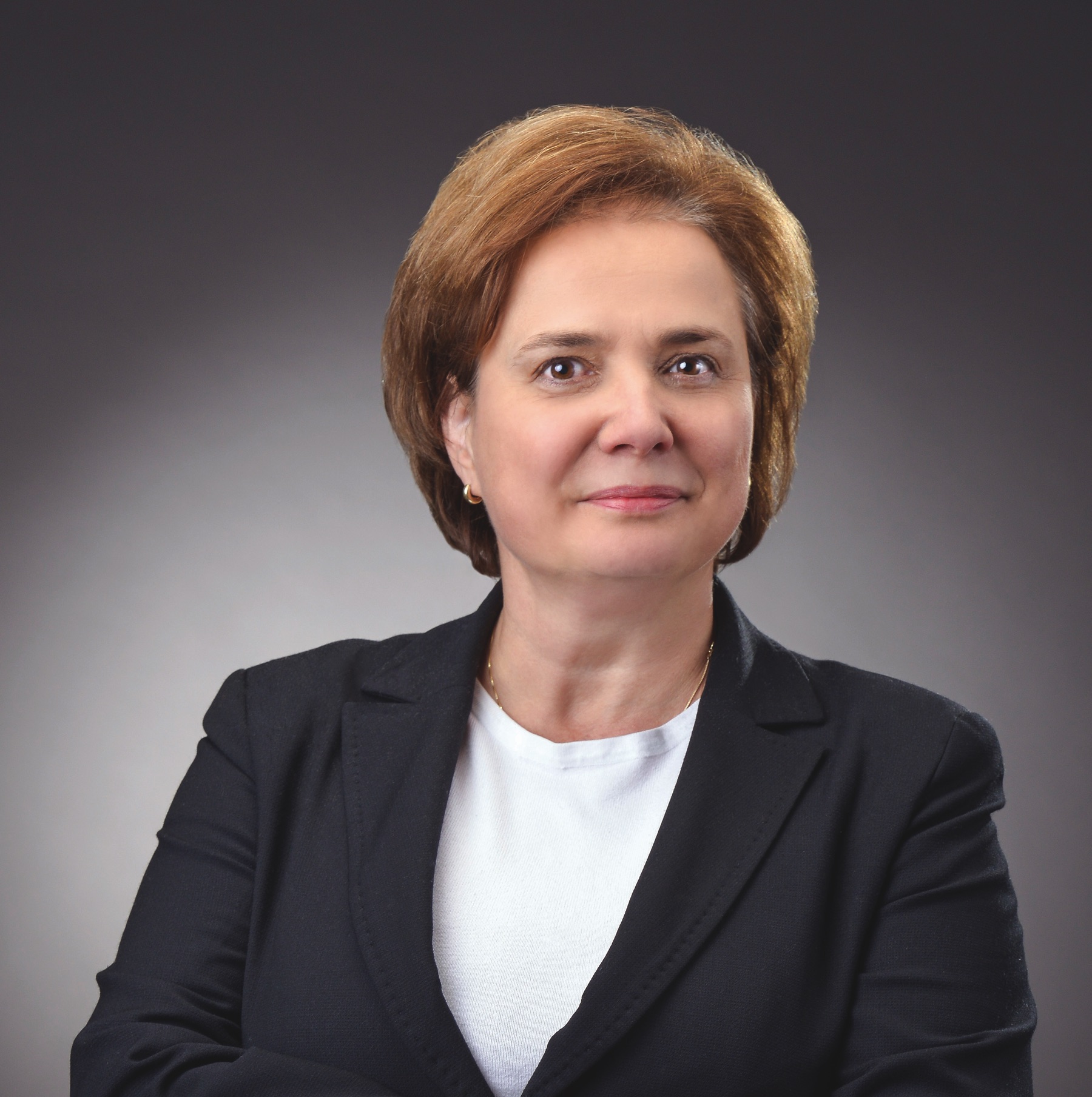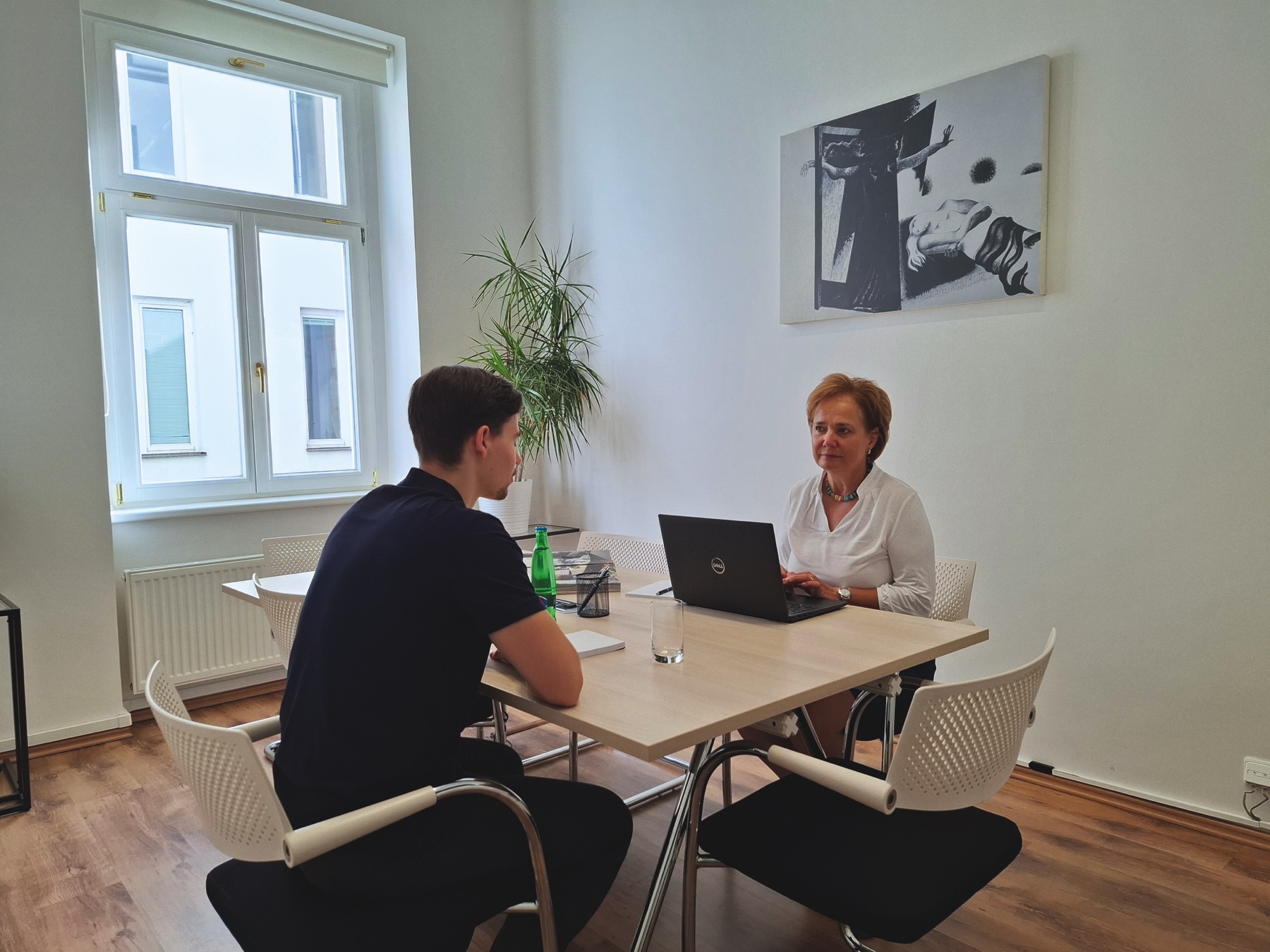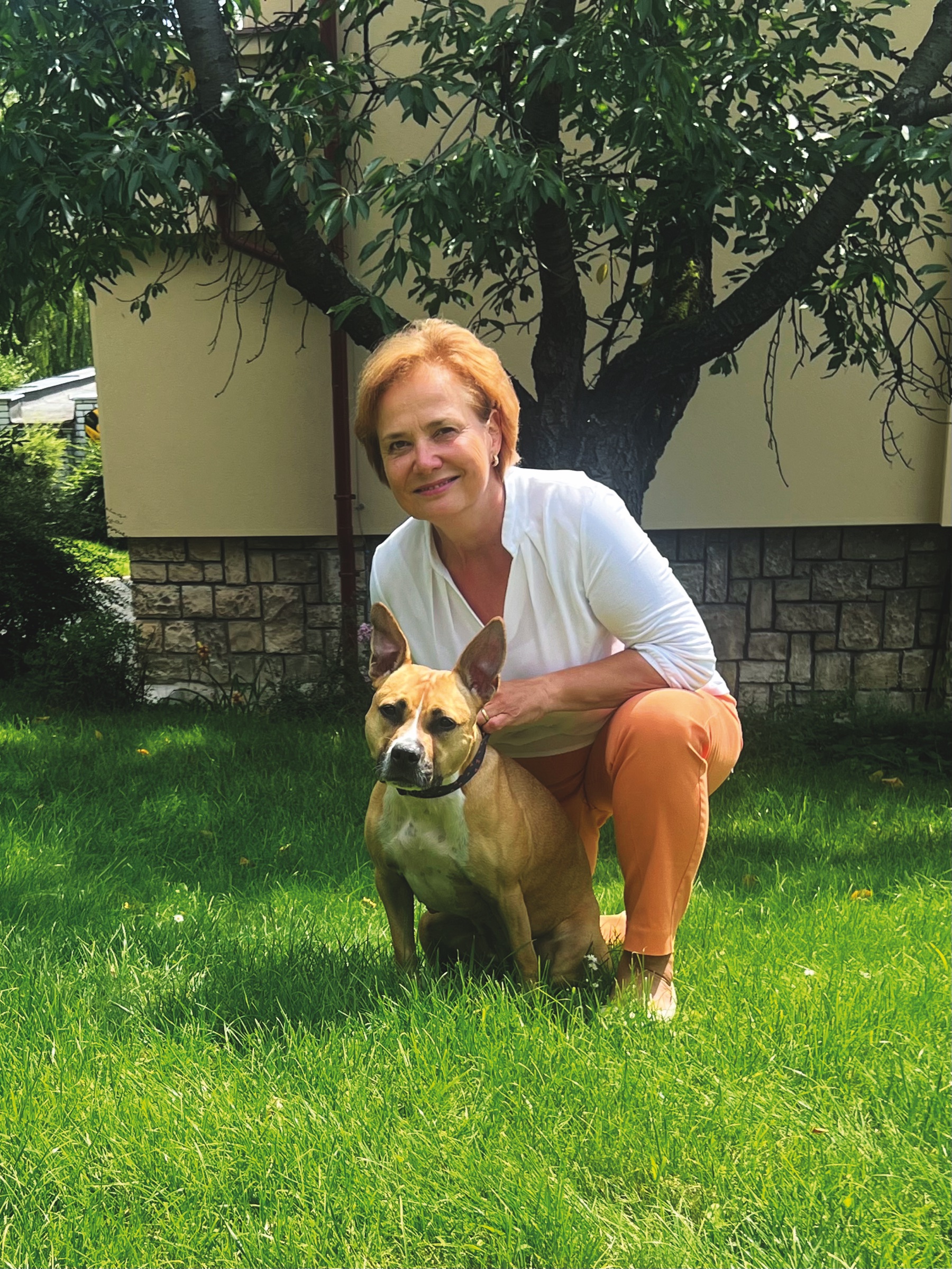
Monika Ruprechtová
Text: Monika Ruprechtová, M. Zisso; Photo: Archive
Monika is from Prague, and graduated from the University of Economics in 1988 with a degree in Economic Information and Control. There is no such field today. It was basically accounting and enterprise financial management, but in the context of a socialist economy with centralised planning. Interesting jobs were hard to find in such an environment.
Under the influence of Soviet perestroika (a set of political and economic reforms in the USSR penned by Mikhail Gorbachev), some national enterprises began to consider the possibility of setting up their own export department – instead of securing exports abroad through state-owned foreign trade enterprises. One such progressive enterprise was Koh-i-noor, a manufacturer of patches, pins, and other small haberdashery, which enticed the young graduate. However, she had no idea that, starting in September, the enterprise would mobilise its administrative staff to meet socialist production targets, with younger employees working night shifts to fulfil plans. The establishment of the export department was postponed.

Monika, therefore, left Koh-i-noor soon after and joined Chemapol’s foreign trade business, where the Velvet Revolution caught up with her a few months later. “My colleagues and I founded the Civic Forum, dismantled the local Communist Party organisation, and tried to change the management of the company,” she recalls. But the structures proved quite resilient, and the changes were initially difficult.
Young people of her generation, including Monika, had the desire to start a business. Yet, establishing a limited liability company required a capital of CZK 200,000, which was not possible on a salary of CZK 1,650 gross per month. There was therefore no choice but to fly with the “Wind of Change” (as the Scorpions sing about) under the auspices of employment. “Branches of foreign companies began to appear on the market, offering salaries many times higher than our standard at that time”. Monika seized the opportunity and accepted a job as an assistant at Air Products, an American company supplying technical gases. It was the first time she could work with foreign colleagues, the first time she was able to go on a business trip to Western countries, and the first time she found out about the consulting firm Ernst & Young, when she handled her colleagues’ mail. She recalls the envelopes from this sender were always marked “private & confidential”, adding an air of mystery to the company.
When Air Products relocated its office to Děčín, Monika approached Ernst & Young’s Prague office, where she joined as an assistant to the Managing Partner. However, the head of the tax department, who was suffering from a lack of English-speaking colleagues, recognised Monika’s language skills and approached her to work with him. It was a struggle at first, as it was impossible to build on her knowledge from school, but eventually Monika advanced to become Manager of Expatriate Services at EY for several years.
“The job in the mid-nineties was literally a builder’s job, everyone wanted to show what they could offer, to be able to stand comparison with their colleagues in the West,” says Monika. “It was a lot of fun, a lot of effort, countless hours of overtime, but on the other hand there was the experience gained in tax and immigration issues, experience in managing people, and the satisfaction of a job well done”.
This was followed by more work experience, this time in the field of taxation. Monika passed the tax advisor exam, took a year-long backpacking trip to Southeast Asia and Australia, had children, and then, when the children grew up, it was finally time for the longed-for business – becoming her own boss!

In 2012, Monika and her former colleagues founded EDM Utilitas, a company offering audit and tax services. Under market pressures, the ladies expanded the scope of their services to include accounting, and by 2025 they had already achieved annual sales exceeding 50 million CZK under the brand Clarkson Hyde Czech Republic. But one does not get younger, and as the saying goes, “it is an art to know when to leave”. The shareholders of Clarkson Hyde Czech Republic reached an agreement with the consulting group RSM, represented by Monika Marečková, and in June 2025 successfully completed the sales transaction of Clarkson Hyde Czech Republic.
Monika will continue to work under the new brand to ensure a smooth transition for employees and clients. Only then, will she be able to focus on previously neglected activities – such as playing the piano, and serving on the executive board of Clarkson Hyde Global, a London-based association of independent auditors, tax advisers, and accountants.

